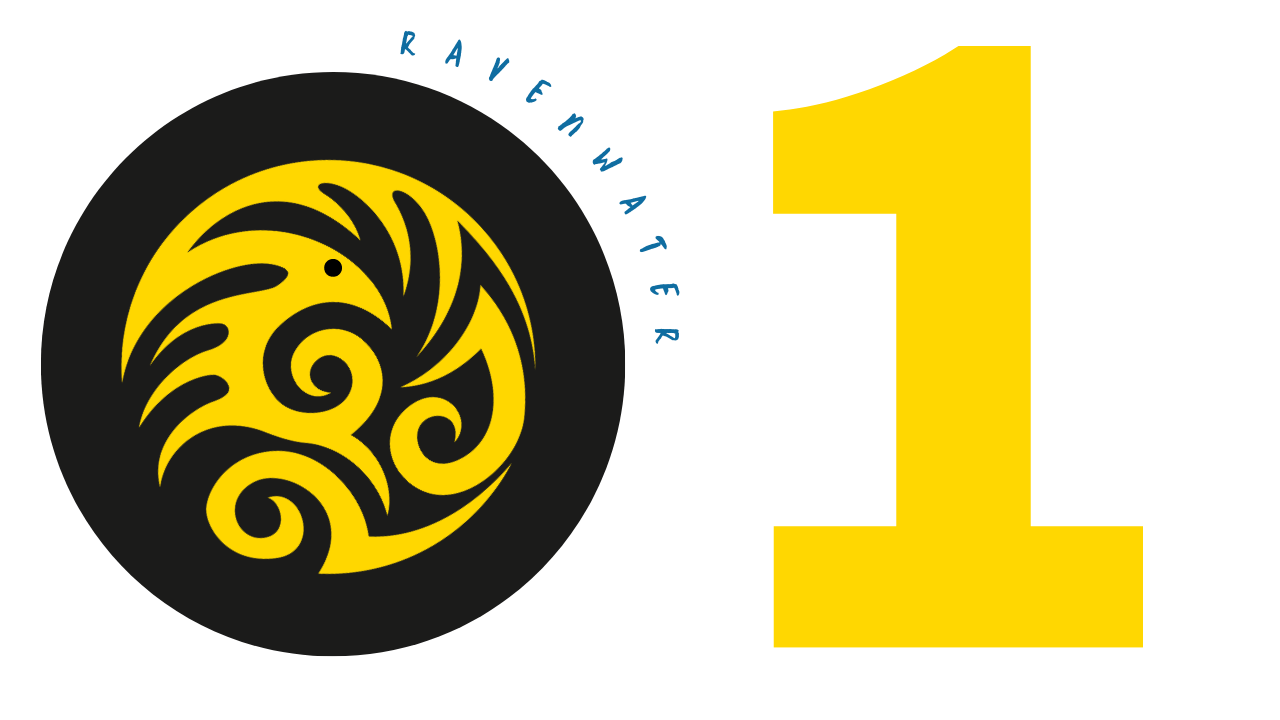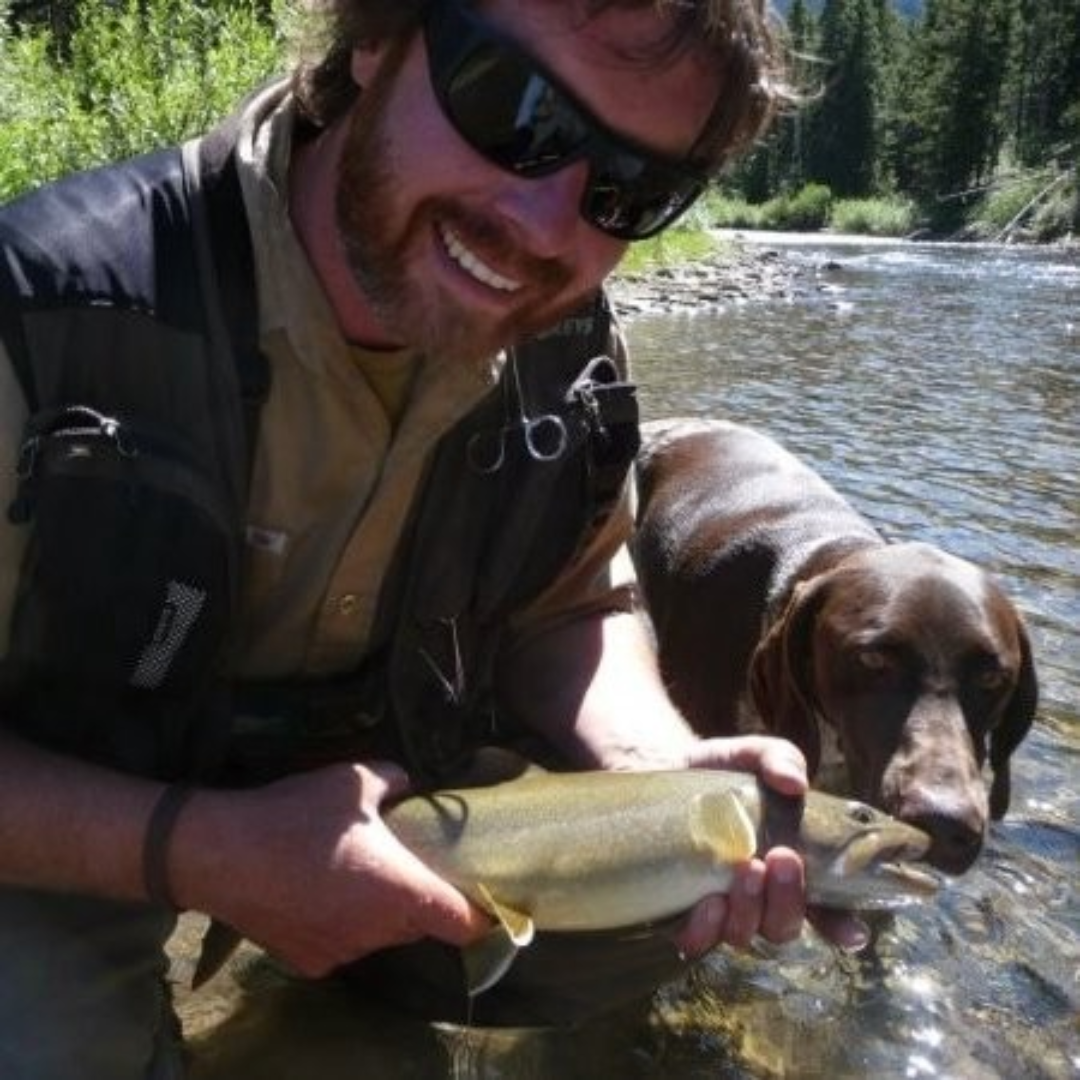RavenWater Learning Circle™ Level Cumulative Effects Training
Next Course: APRIL 16-19, 2024, SALMON ARM BC (Secwepemcúl'ecw)
The vision is humanity in a wise relationship with the environment and the economies people create.
Every day we are expanding the skills and self-sustaining capacity of organizations to apply a 2-eyed seeing, holistic approach to cumulative effects assessment, planning, monitoring and decision-making for lands, waters, and communities today and for future generations.
Register NowSuccess Speaks For Itself

The RavenWater Learning Circle curriculum and learning format are tested and proven. Over the past 3 years 73 Indigenous students ranging in age from 19 - 70+ have successfully completed the Guardian / Practitioner Level 1 course and are applying this knowledge on the land.
6 more students have completed the 4 - month Practitioner Level 2 course and 3 of them now work as cumulative effects practitioners with Indigenous organizations.

Sophie Collins,
Tmícw Technician, Qwelminte Secwepemc & CFX Technician, CE Analytic Ltd.
"I was able to learn the complex ideas and concepts of CFX through the well-laid out program. The small group sizes allow for the lessons to be conversations and learners to become engaged with the content."

Francis Skeard,
BScF, RFP
"Thank you for a very stimulating few days. I came to this event with an open mind to learn and I was not disappointed. Your knowledge of and ability to present the information to a very diverse group of passionate learners has been one of the highlights of my career."
What's Included RavenWater Learning Circle™

Guardian / Practitioner Level 1
Course Timing: Spring & Fall.
Format: 4-day intensive, in-person workshop
- Instruction/learning with Barry Wilson (Systems Ecologist) and Ryan MacDonald (Hydrologist)
- Small group format
- Lots of one-on-one learning opportunity and group engagement
- Graduating Certificate
Additional Learning Materials
- Secure, private access to the RavenWater Learning Circle online portal
- video instruction/tutorials, case studies and suggested reading
- Monthly meetups on zoom with alumni students
- 6 - months free access to the CFX Library
Prerequisites
- 18 years old or older
Highly beneficial to have:
- Working or want to work in natural resource management
- Have highschool or higher education
Key Curriculum Topics Covered
- Cumulative Effects and System Dynamics
- Regional strategic and local tactical planning
- Indigenous, Federal, Provincial and International Cumulative Effects Law
- Cumulative Effects Project Management Best Practices
- Scenario Planning design documentation and process
- Modelling environmental, social and economic values
- 2 eyed-seeing - Indigenous Knowledge & western contemporary science
- Selecting Assessment Performance Indicators (Values)
- Determining Meaningful Time & Space
- Terrestrial landscapes and hydrology
- Linking Field observations and models
- Integrating different software platforms
- Structured decision-making
- Monitoring & model validation
- Case Study Review
- On-the-land learning if feasible (weather, location, etc.)
Tuition does not cover travel expenses, lodging or incidentals – these costs are the responsibility of students.
Interested in the RavenWater Learning Circle™ ? Enter your info below
The Faculty

Barry Wilson, RPF
- Role - RavenWater Lead Instructor
- Responsibilities: Project Manager, Course Design and Delivery, Content
Barry has focused his career on the developing discipline of cumulative effects for the past 22 years. Drawing upon over 3 decades of professional practice in the Indigenous, industrial, government, and the consulting sectors,
Barry works closely with many Indigenous communities and has led several precedent-setting Indigenous-led holistic cumulative effects assessments for major infrastructure projects in Canada.
Barry is currently serving his 3rd year on the national Indigenous Center for Cumulative Effects Technical Advisory Committee and is co-founder and President of the registered charity BC Tomorrow helping students learn about sustainability in their own watersheds.

Ryan MacDonald, PhD
- Role – RavenWater Hydrologist, session instructor
- Responsibilities: Hydrology lectures recorded and live, and potentially a site visit contributor
Ryan is a hydrologist specializing in process-based hydrology and the interactions between water resources and aquatic ecosystems. He uses this core knowledge to address complex issues at the intersection of human land use, climate, and the natural environment.
This background enables him to pursue research questions that can be applied in a practical management context and provide guidance to federal, provincial, and First Nation governments.

Karen Wilson, Writer, Speaker
- Role – website, registration, student care, venue, travel planning, workshop support and video
- Responsibilities: Online learning platform development and maintenance, student registration, waivers and care, workshop coordinator, video capture
Karen is a highly experienced expert in developing and delivering workshops and courses live in-person and online with the Kajabi education platform.
Karen’s experience with cumulative effects and natural resource management programs and events is deep including coordination and delivery of the annual CFX Conference for 3 years, development and maintenance of the www.bctomorrow.ca web platform, and numerous customized online portals for CE Analytic clients and initiatives.
Guest Faculty So Far
- Barry Stevens, President, Stevens Solutions & Design Inc.
- Dr. Jill Blakley, PhD, MCIP, RPP, CLC
Vice Dean Faculty Relations, Interim | Associate Professor
